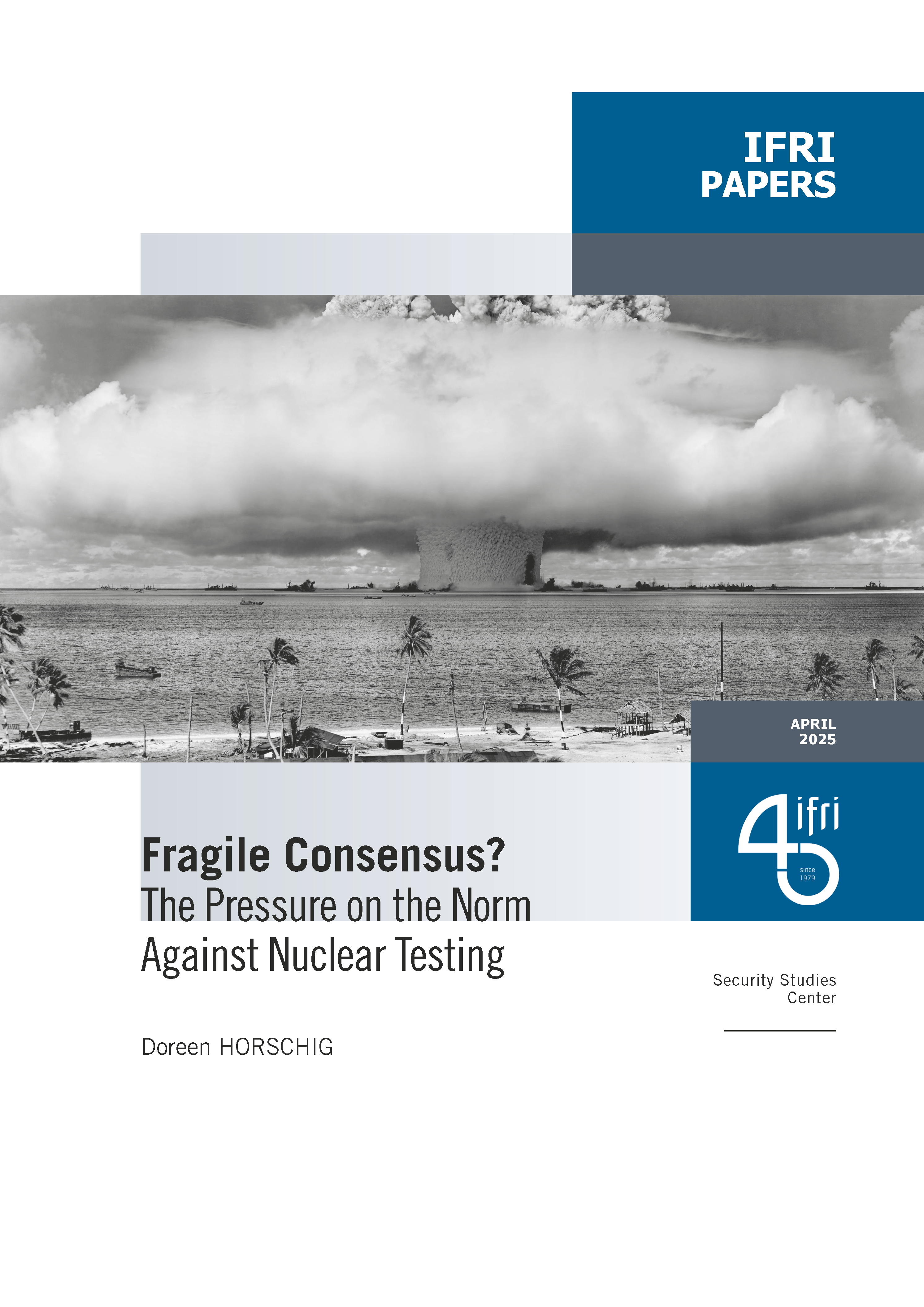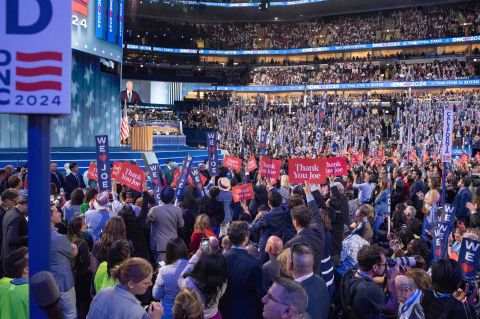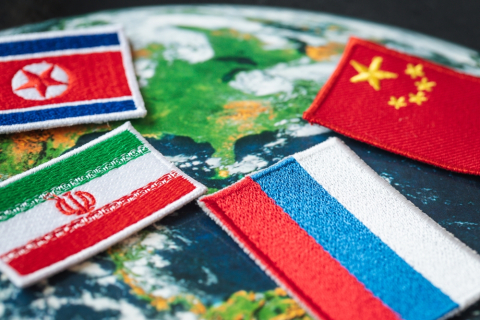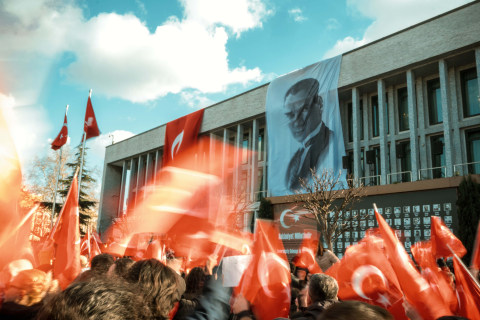
Practical information
Economics are an underestimated factor in the analysis of armed conflicts in the Middle East. It is however an increasingly determining variable in the social and political balance of powers within the states, as illustrated by the 2011 ‘Arab springs’, but also on a regional level.
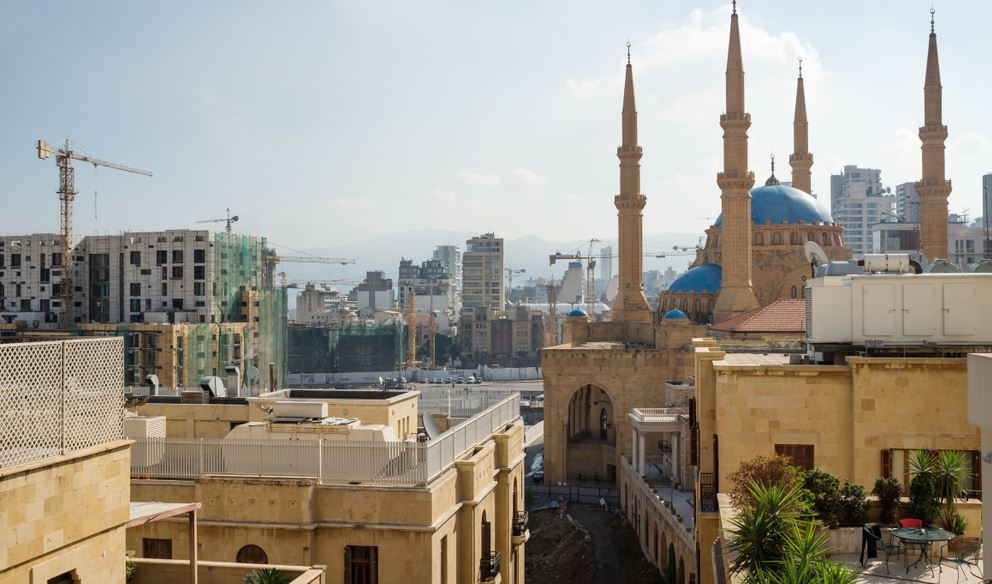
One can easily observe inequalities leading to social upheavals in the Maghreb, the exhaustion of the rentier-economy model questioning the status of Gulf monarchies as well as the nebula of the Libyan and Syrian war economies. Combined with the expansion of the use of sanctions enacted in its most extreme way in the Iranian case, but also the impossible post-conflict reconstruction in a polarizing crony-capitalist environment and amidst widespread corruption in Iraq, all of this in the context of increased trade competition and donor fatigue, it is today necessary to question the role of economics as a weapon or a stabilization tool in the Middle East.
This conference will be held in French and English, with instant translation.
Program
14:00-14:30 Welcome and coffee
14:30-14:45 Introduction – Dorothée Schmid, Head of the Turkey/Middle East Program, Institut Français des Relations Internationales
14:45-16:30 The economy of conflicts
- The regional implications of the Lebanese bankruptcy: Samir Aita, President, Cercle des Economistes Arabes
- Tensions with Iran and the use of sanctions: Thierry Coville, Researcher, Institut de Relations Internationales et Stratégiques (IRIS)
- The impact of war on economic institutions in Libya: Tim Eaton, Research Fellow, Chatham House
Moderator: Virginie Robert, Foreign Desk Chief Editor, Les Echos
16:30-17:00 Coffee break
17:00-18:45 Economics as an instrument for peace
- Fixing-up Mosul: Loulouwa Al Rachid, Research Fellow, Carnegie Middle East
- Who will rebuild Syria?: Joseph Daher, Professor, Lausanne University
- ‘The deal of the Century’ in question – 25 years of pax economica in Palestine: Jeremy Wildeman, Associate Researcher, Bath University
- Algeria and Tunisia: the economics of political transition: Ivan Martin, Researcher, GRITIM – Pompeu Fabra University of Barcelona
Moderator: Pierre Haski, Columnist, France Inter
Related Subjects
Other events
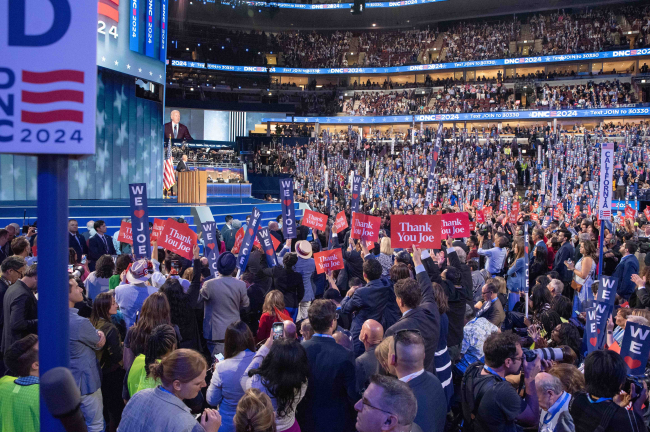
U.S. Politics: Why Are Democrats Unable to Come Up with a Project?
As President Trump's approval rating stagnates in the polls and with 18 months remaining before the November 2026 midterm elections, why is the Democratic Party unable to offer a credible and compelling alternative to middle-class American voters? On what issues and around which figures could the radical left and the moderate left find common ground by then?

Russia, Iran, China, North Korea: The Nuclear Dimension of the Axis of Upheaval
In an international context marked by the resurgence of power rivalries, cooperation between Iran, China, Russia and North Korea is attracting increasing attention.
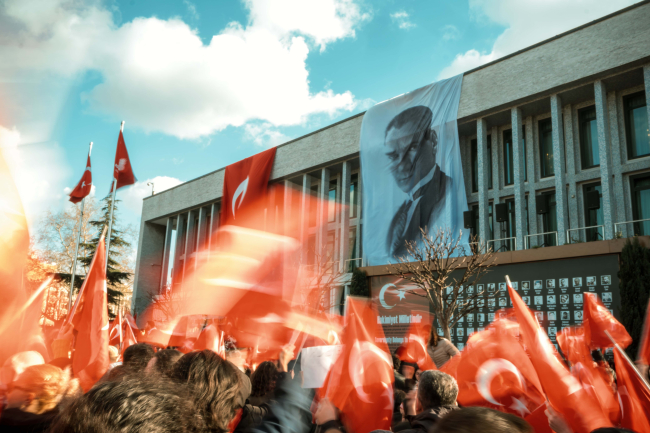
The Resurgence of Risk in Turkey
Turkey has entered a new phase of turbulence. The arrest of Istanbul’s mayor, Ekrem İmamoğlu, on March 19, 2025, triggered a broad protest movement, which the main opposition party, the CHP, is attempting to organize. In parallel, the government continues its peace process with the PKK — a development that could profoundly reshape the country’s political landscape.


